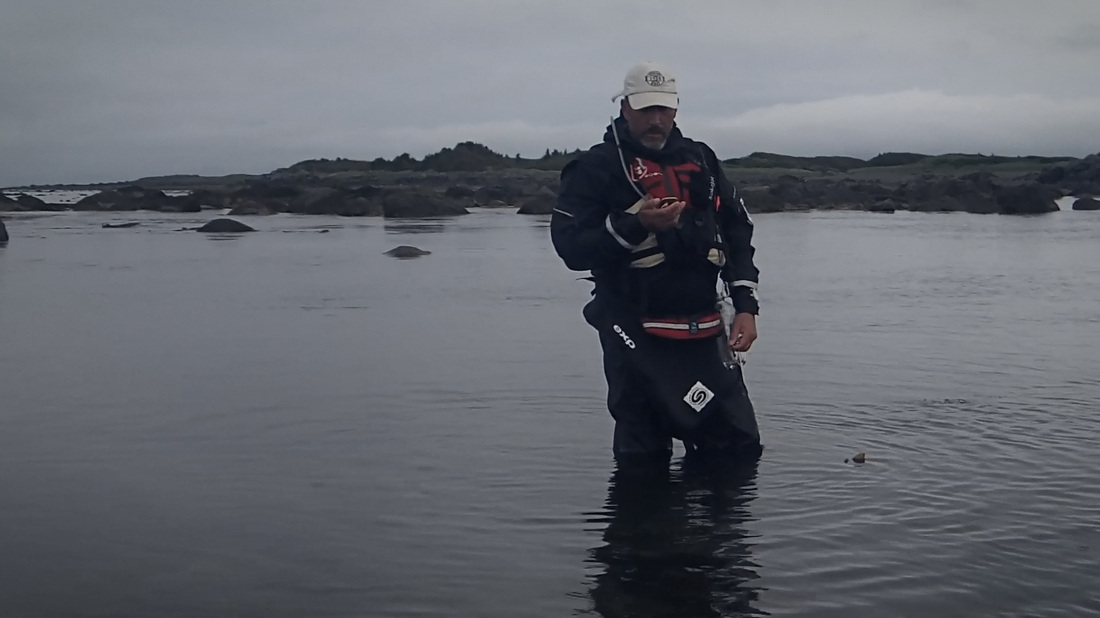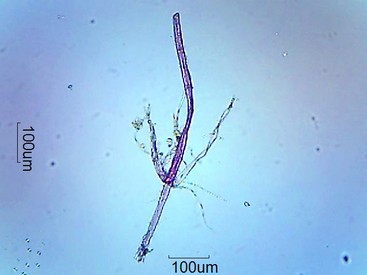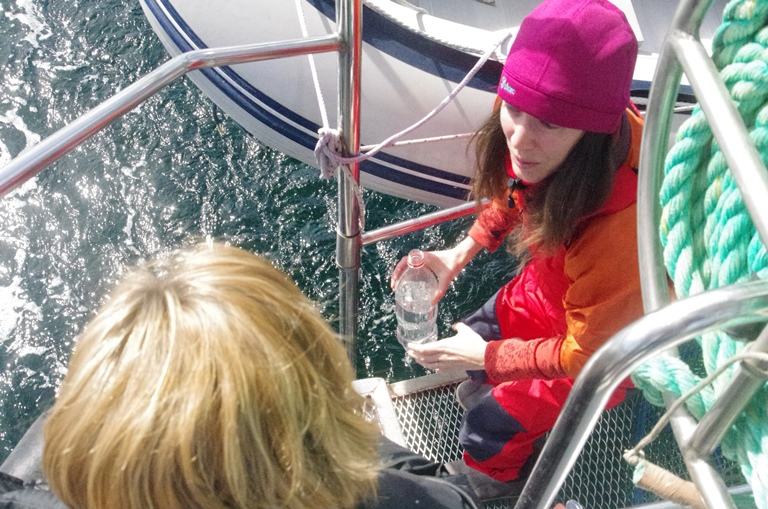Help Save Our Oceans! Join ASC’s Microplastics Project
Large plastic litter is easy to see in our oceans. Plastic bags drift in the Atlantic like processed petroleum jellyfish, water bottles wash up on shores, and a massive collection of debris called the Great Pacific Garbage Patch swirls in the North Pacific. Microplastics, however, are only visible under a microscope and until recently they have been overlooked by scientists and the public. Yet, work by Adventurers and Scientists for Conservation (ASC) and research partners at the Marine Environmental Research Institute (MERI) is finding more than 85% of surface samples contain microplastic particles. These particles can resemble phytoplankton and are ingested by marine life. Consumed by larger species plastic and toxins may then bioaccumulate in larger marine mammals, sea birds and humans.
In recent months ASC adventurers have helped MERI expand its data set by collecting samples from as far away as Thailand and Alaska. Researchers at MERI found microplastic contamination in every single sample, with counts as high as 71 pieces per liter in one of Steve’s samples. “Marine microplastics pollution is a global issue that is impacting fisheries and will impact people’s lives in the years to come,” says MERI scientist Abby Barrows. These plastic particles come from environmental weathering of plastic pollution, municipal runoff, manufacturing processes and even common cosmetics.
“Anyone who likes to spend time on the water can contribute to this study, it is a simple sampling protocol that collects important data,” says MERI’s Barrows. Whether you’re a winter surfer or a summer beach stroller we need your help.
Join us today and contribute to conservation with your time on the water! Find out more information on our microplastics project page.
Keep up with ASC by subscribing to ASC’s blog, liking us on Facebook and following us on Twitter (@AdventurScience), Instagram (@AdventureScience) and Google+.



